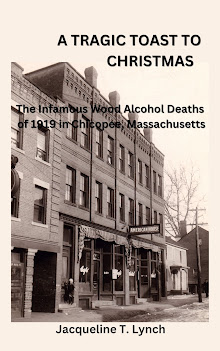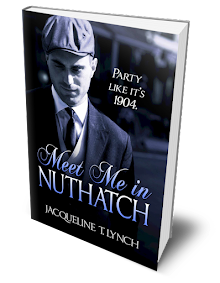This piece was originally posted on my (now suspended) Tragedy and Comedy in New England blog:
Sometime in the mid-1800s, when theatre was hundreds of years old and yet still, seemingly to our modern sophistication, still in its infancy, “Oliver Twist” was presented in Lowell, Massachusetts. The play, based upon the Charles Dickens novel, must have been a hit, because the audience did not want to leave.
According to the “Before the Footlights and Behind the Scenes”, a book on American theatre stories by Olive Logan, (Parmelee & Co., Philadephia, 1870), after the play ended, the audience stayed in their seats, looking, perhaps expectantly, at the drawn curtain.
It is a painful moment in theatre when the audience walks out before the play is over, but perhaps merely awkward when they choose not to leave at all.
At last, the stage manager came out in front of the curtain and handled the problem, as stage managers are supposed to do, with absolute authority, and if possible, tact. He announced,
“Ladies and gentlemen, I wish to inform you that the play has terminated. As all the principal characters are dead, it cannot, of course, go on.”
That logic seemed reasonable to the audience, who finally went away.
Tuesday, January 17, 2012
The Audience that Wouldn't Leave - Lowell, Masschusetts
Posted by
Jacqueline T. Lynch
at
7:19 AM
![]()
Labels: 19th century, Massachusetts, theatre
Subscribe to:
Post Comments (Atom)









No comments:
Post a Comment